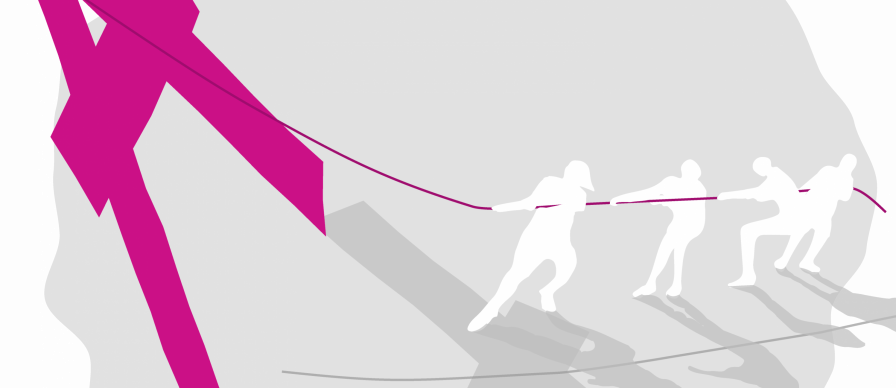Making connections: Community-led action on data poverty
The way we live our lives has changed. Services we used to access by phone, post or face to face now exist solely online. Almost every routine aspect of everyday life is now channeled through the internet, making the question of who does or does not have digital access critically important for society.
If you don’t have access to the internet, you’re locked out of living life to the full. As a result, existing inequalities deepen, because nowadays you’ll find it difficult to get by without internet access. Where broadband isn’t an option, often because of the cost, using mobile data can fill a gap. However, while data may seem more accessible than being locked into unaffordable long-term broadband contracts, it can also end up incurring extra costs. Paying one-off instalments and topping-up when you need it most can very quickly become very costly, leading to data poverty.
Despite what many initially said, the pandemic wasn’t a great equaliser, particularly when it came to internet access. In fact, 2.5 million people are behind on their broadband bills, with
700,000 people having fallen into debt on their broadband bills during COVID. As people retreated into their homes, and WhatsApp mutual aid groups sprung into existence, some neighbours became increasingly disconnected. Meanwhile, as teaching moved online, children without internet access missed out on learning.
As we move out of lockdown, we are committed to keeping data poverty on the agenda, so those that can not get online don’t continue to be left out or forgotten. We will continue to share best practice and champion the work of communities and organisations on the front line to highlight their contributions but also the support they need. This report is just the start.
Local Trust commissioned this research to better understand what data poverty is, how it manifests, and how people in communities are responding to it. The research was overseen by a research advisory group made up of organisations working on or interested in this issue – the All-Party Parliamentary Group for ‘left behind’ neighbourhoods, Frame CIC, Good Things Foundation, Joseph Rowntree Foundation, Operation WiFi, APLE Collective, Community Organisers, KeyRing, Starting Point Community Learning Partnership, and End Data Poverty – to help provide expert knowledge, guidance and insight whilst ensuring a collaborative approach.


